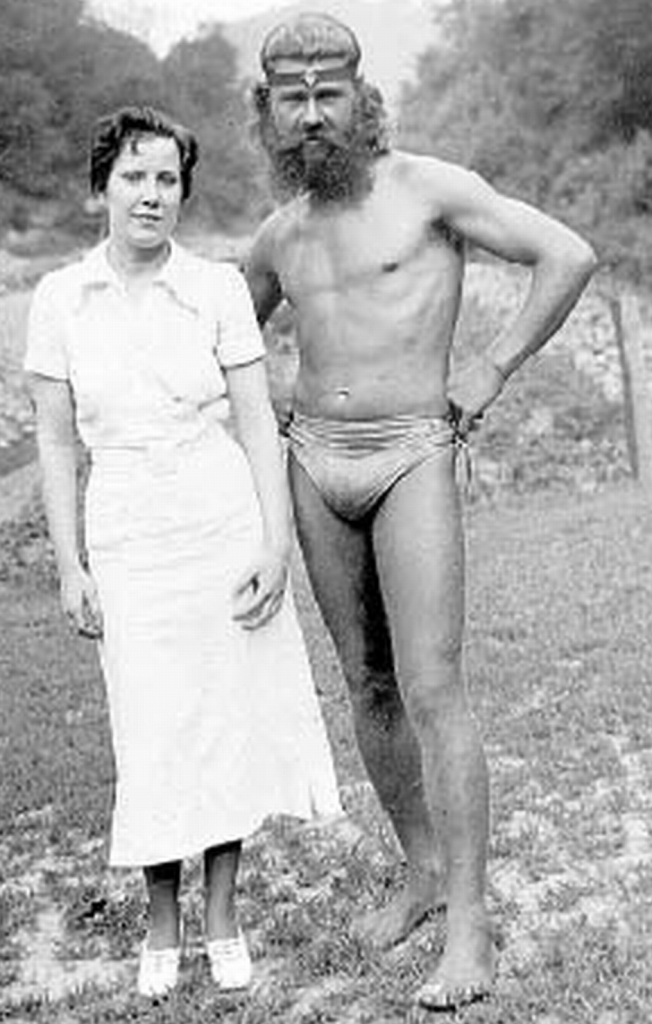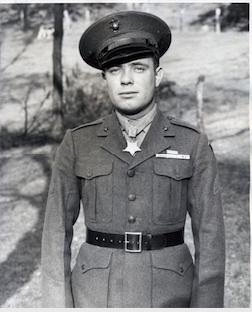Charleston WV (February 2021) – The following events happened on these dates in West Virginia history. To read more, go to e-WV: The West Virginia Encyclopedia at www.wvencyclopedia.org.
Feb. 18, 1843: Ritchie County was created from portions of Wood, Lewis, and Harrison counties. The county was named for Virginia journalist and politician Thomas Ritchie.
Feb. 18, 1890: Ellison Mounts, a cousin to the Hatfield family, was hanged for murder, ending the Hatfield-McCoy Feud.
Feb. 18, 1969: Hundreds of miners in Raleigh County went on strike over the issue of black lung. Within days, the walkout spread throughout southern West Virginia.
Feb. 19, 1872: The Glenville Branch of the State Normal School was established by an act of the legislature. The first session of the college opened on January 14, 1873, in the old Gilmer County courthouse.

Feb. 19, 1908: Orval Elijah Brown was born near Lizemores in Clay County. Brown, a free-spirited individual, gained notoriety as the ‘‘Clay County Wild Man’’ during the Great Depression for his untamed physical appearance that included a flowing beard and the wearing of little more than a self-made loincloth.

Feb. 19, 1943: Author Homer Hickam was born in Coalwood, McDowell County. Hickam’s second book, Rocket Boys: A Memoir, was published in 1998 and became a runaway bestseller.
Feb. 20, 1875: The West Virginia Legislature approved a bill to move the state capital back to Wheeling.
Feb. 20, 1995: The West Virginia Legislature voted to make the Golden Delicious apple the official state fruit.
Feb. 21, 1895: Bluefield Colored Institute was established by the legislature to prepare black West Virginians for the teaching profession. After several name changes, the school became Bluefield State College in 1943.
Feb. 21, 1913: Workers’ compensation passed the West Virginia Legislature, modeled on the German system Governor Hatfield studied in the Ruhr Valley coalfields.
Feb. 21, 1940: Former Governor Gaston Caperton was born in Charleston. Caperton defeated Arch Moore to become the state’s 31st governor.
Feb. 22, 1927: Longtime Agriculture Commissioner Gus R. Douglass was born in Mason County. Douglass, a Democrat, was first elected commissioner of agriculture in 1964. Reelected nine times, Douglass was the longest serving agricultural commissioner in the country.
Feb. 22, 2018: 33,000 schoolteachers and service personnel walked off the job over wages and health benefits. The strike drew national attention, and teachers in five other states organized work stoppages.
Feb. 23, 1867: Lincoln County was formed from Boone, Cabell, Kanawha, and Putnam counties. The county was named for Abraham Lincoln.
Feb. 23, 1905: The first USS West Virginia was commissioned. The armored cruiser was renamed the USS Huntington in 1916 to allow the transfer of the original name to a newly authorized battleship.
Feb. 23, 1945: Fairmont native “Woody” Williams distinguished himself during the Battle of Iwo Jima by neutralizing seven concrete pillboxes. This act of heroism earned Williams the Medal of Honor.

Feb. 24, 1918: Judge Kenneth Keller ‘‘K. K.’’ Hall was born at Greenview, Boone County. Hall spent 47 years on the state and federal benches.
Feb. 24, 1928: Doctor Donald L. Rasmussen was born in Colorado. After coming to work at Miners Memorial Hospital in Beckley, he became a driving force in the passage of state and federal black lung legislation.
e-WV: The West Virginia Encyclopedia is a project of the West Virginia Humanities Council. For more information contact the West Virginia Humanities Council, 1310 Kanawha Blvd. E., Charleston, WV 25301; (304) 346-8500; or visit e-WV at www.wvencyclopedia.org.

